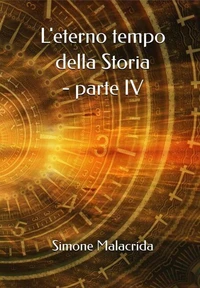With the rise of Constantine to the helm of the Roman Empire, religion became a crucial element, along with civil wars and barbarian invasions, shaping the entire history of the fourth century. This was characterized by a continuous transformation of society, much more concerned with cultural, philosophical, and theological aspects than with military tradition. The Italics were no exception, and generations adapted to these new customs, a clear sign of a decline that was both inevitable and almost indefinitely postponed.
The foundations for the collapse lay in the emergence of new peoples, represented by eternal past enemies, such as the Sassanids, and by adversaries who, mistakenly, would even be considered allies, such as the Visigoths.
With the rise of Constantine to the helm of the Roman Empire, religion became a crucial element, along with civil wars and barbarian invasions, shaping the entire history of the fourth century. This was characterized by a continuous transformation of society, much more concerned with cultural, philosophical, and theological aspects than with military tradition. The Italics were no exception, and generations adapted to these new customs, a clear sign of a decline that was both inevitable and almost indefinitely postponed.
The foundations for the collapse lay in the emergence of new peoples, represented by eternal past enemies, such as the Sassanids, and by adversaries who, mistakenly, would even be considered allies, such as the Visigoths.

 , qui est-ce ?
, qui est-ce ?